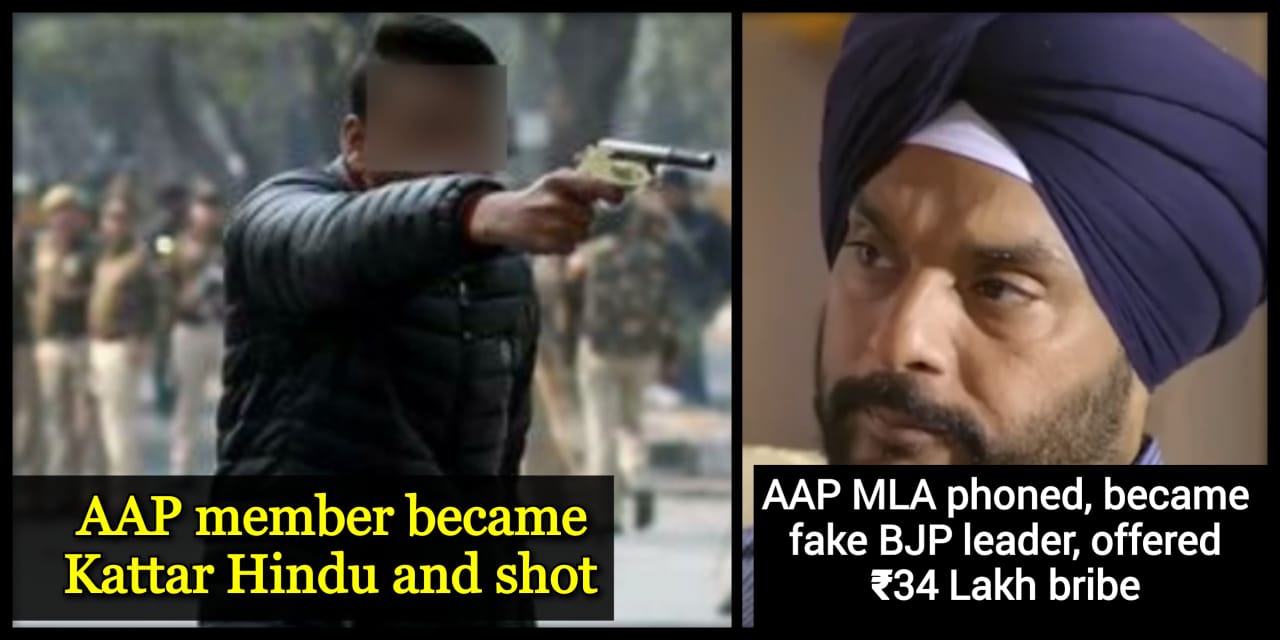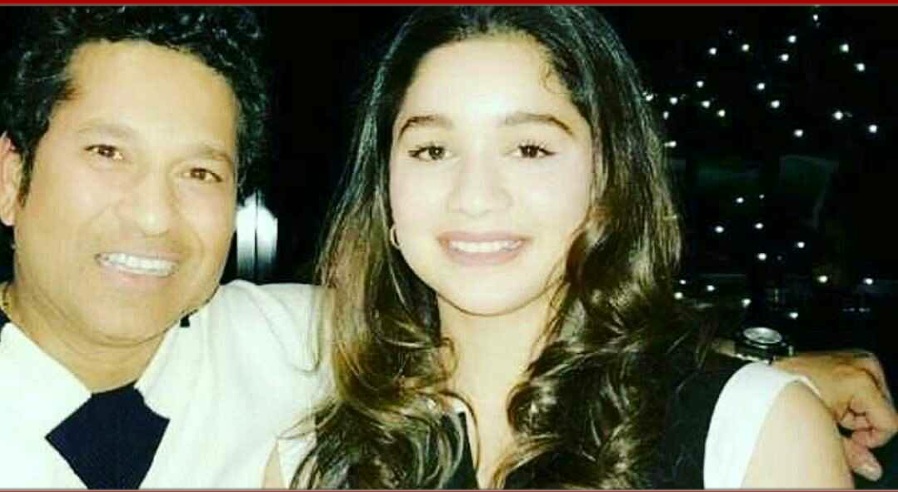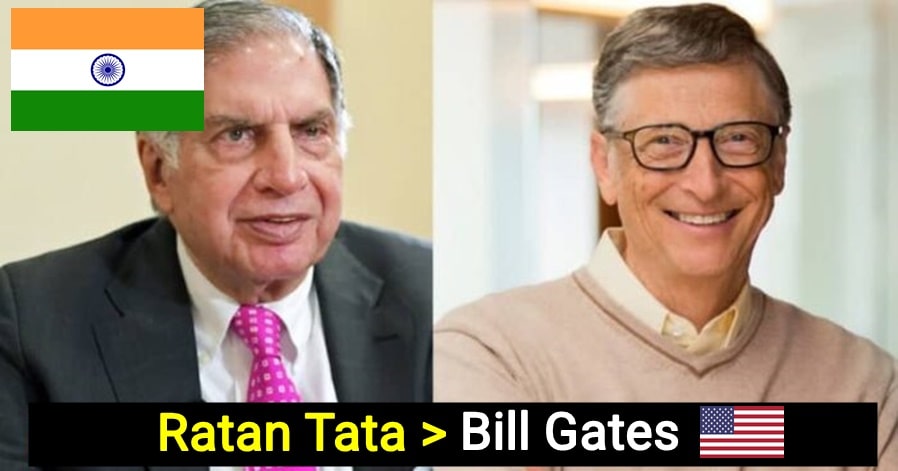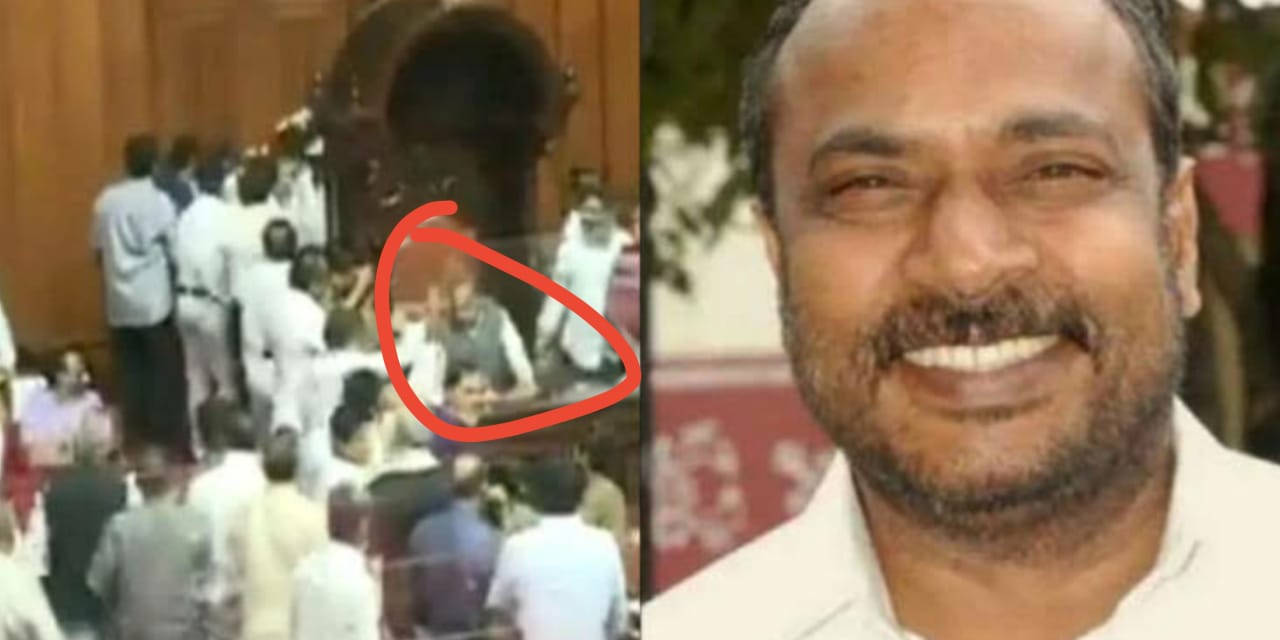Unheard story of Batukeshwar Dutt- the Unsung hero who bombed British Parliament in 1929
On 8 April 1929, members of the Central Legislative Assembly held a meeting only to start discussions but little did they know that a weird object would land in the hall, all of a sudden. In no time, smoke started surrounding the area and shouts of “Inquilab Zindabad” (translation- long live the revolution) were heard time and again. After this, the two men who had bombed the hall started to throw leaflets had the slogan which reads: “It takes a loud sound to make the deaf hear.”
The smoke bomb created scare among the members of the Legislative Assembly as they were running hurriedly. The bombers namely- Bhagat Singh and Batukeshwar Dutt, could have easily fled the spot, but they just hunkered there and wanted to make their voices heard.
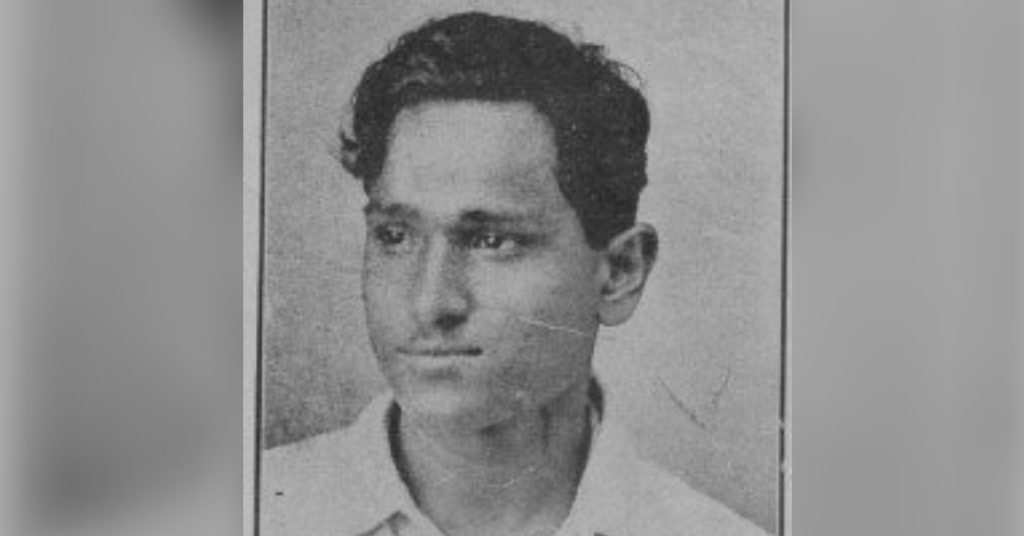
Bhagat Singh is a famous person who inspired generations of youngsters at that time and continues to do so today. On the contrary, Dutt remained as an unsung hero who was also a part of the legendary bombing as Singh.
Nobody knows about him. Batukeshwar Dutt, popularly as BK Dutt, Mohan or Battu was born on 18 November 1910 in the Oari village (West Bengal- at present).
To study, he shifted to Kanpur in the PPN High school and it was from where he was graduated. In 1924, Dutt stumbled upon Bhagat Singh, and the two became close friends. Bhagat Singh was a pro-active member of the Hindustan Socialist Republican Association (HSRA) when he first met Dutt, and then the latter joined the force too. Just like Bhagat Singh and Chandrashekhar Azad, Dutt learned to make bombs.
Also, read: Read the untold story of Freedom Fighter Chandra Shekhar Azad- ‘Symbol of Courage’
During that time when the British Government passed the Defence of India Act, 1915, it gave them the immense power to control revolutionaries and their activities. HSRA declared their dedicated opposition to the act, and Lala Lajpat Rai’s demise in a lathi charge further angered the association.
These bizarre turn of events finally led the HSRA to make a plan to bomb the Central Legislative Assembly.
In the book, ‘The Jail Notebook and Other Writings” by Chaman Lal, he writes, “It was clear from the beginning that these bombs were to be harmless, not designed to kill or injure anyone, but to create an explosion that would make the deaf hear… At the appointed time, Bhagat Singh and BK Dutta threw the bombs over the empty seats in the Central Assembly, threw the historic pamphlets ‘To Make the Deaf Hear’ and shouted slogans: ‘Inquilab Zindabad’ and ‘Samrajyavaad ka naash ho’ (down with imperialism).”
Singh and Dutt never really wanted to escape. They bravely accepted imprisonment, as they believed that it would inspire the upcoming generation of revolutionaries in a bid to fight for the cause of freedom.
Several years later, Asaf Ali, the lawyer who represented Dutt in the bombing case, disclosed in an interview that Dutt had not originally thrown a bomb that day. He wanted to stay with Singh from the start to the end, so he allowed himself to be detained.
Both the fighters were sentenced for transportation for life in this case for “causing explosions of a nature likely to endanger life, unlawfully and maliciously.
Bhagat Singh was sent to the Mianwali Jail and Dutt, to the Central Jail located in Lahore. Then, Singh was also transferred to the same jail that Dutt was in.
And here, the two revolutionaries learnt that they were only treated badly like criminals and not like political prisoners. On the other end of the spectrum, their European counterparts were treated with utmost respect and care and were even provided with good food, clothes, books and newspapers.
Extremely furious with the treatment being given to them, they wrote an impassioned letter to the government of India, highlight that their diet needed to be better, similar to that of European prisoners. They also demanded that they should be given “at least one standard daily paper, and “all books, other than those proscribed, along with writing materials, without any restriction.”
Both of them sat on a hunger strike to demand these rights from the British authorities and eventually succeeded in securing some of them. In fact, many political prisoners were released by the British. While Singh was hanged to death for taking down British officer John Saunders, Dutt was released from prison a few years later. He was behind the bars in Kalapani cellular jail in Andaman when he was released and an unexpected tragedy struck him as he was contracted tuberculosis.
But that did not stop him. As soon as he was released, Dutt joined the Quit India movement started by Mahatma Gandhi. But this earned him jail time again.
It was only five years later, India achieved independence from colonial rule. Even as several freedom fighters were honoured across the nation, Dutt did not get his due credit, despite there was clear-cut evidence of his involvement in fighting for the cause of freedom.
He was forced to live in poverty and without a government job, Dutt drew his last breath in the AIIMS hospital in Delhi in 1965 and was cremated at the same place where his thick friends, Bhagat Singh, Rajguru and Sukhdev were cremated several years ago.
Unfortunately, nobody knows this true hero and somewhere between the bombing incident and India achieving its dream of independence after years, Dutt’s story was not told to the citizens of India. Dutt undoubtedly deserves dignity and recognition for his participated in the freedom movement even when he was struggling to cope with Tuberculosis.





